#japanese languages
Text


i'll let phie-san say it:
#the vids i've seen on tiktok picking at her immediately get a block...#bitter otaku sitting in their socks in their mom's basement feeling threatened/enraged by a hot successful black woman outnerding them-core#also this kind of criticism is so demoralising and damaging to people who are trying to learn another language#also. accents are NORMAL and not a bad thing#i don't think that the end goal of picking up a new language necessarily has to be sounding native#and i know sometimes the way japanese people react like SUGOIII? *W* when a foreigner says like one (1) word in japanese is joked about#but like... genuinely... i always love when someone clearly has made an effort and took the time to learn some of the language#anyway she can step on those haters <3#also like. it’s just some lines in a song people need to relax…#megan thee stallion#autoplay warning#japan#japanese#language#mamushi
18K notes
·
View notes
Text
give me the state if you're comfy and what languages were offered
#i got curious cause i went to a big international studies HS#we had 5 languages#spanish french german japanese and latin#this was in central florida btw
14K notes
·
View notes
Text
In light of Duolingo laying off its translators, here are my favourite language apps (primarily for Mandarin Chinese, Japanese, and te reo Māori).
Multiple Languages
Anki is a flashcard programme and app that's not exclusively for languages. While making your own decks is ideal, you can also download shared decks for most languages.
If you're learning Japanese, specifically, Seth Clydesdale has websites for practicing alongside Genki's 2nd or 3rd editions, and he also provides his own shared Anki decks for Genki.
And if you're learning te reo Māori, specifically, here's a guide on how to make your own deck.
TOFU Learn is an app for learning vocabulary that's very similar to Anki. However, it has particularly excellent shared decks for East Asian languages. I've used it extensively for practicing 汉字. Additionally, if you're learning te reo Māori, there's a shared deck of vocabulary from Māori Made Easy!
Mandarin Chinese
Hello Chinese is a fantastic app for people at the HSK 1-4 levels. While there's a paid version, the only thing paying unlocks is access to podcast lessons, which imo are not really necessary. Without paying you still have access to all the gamified lessons which are laid out much like Duolingo's lessons. However, unlike Duolingo, Hello Chinese actually teaches grammar directly, properly teaches 汉字, and includes native audio practice.
Japanese
Renshuu is a website and app for learning and practicing Japanese. The vast majority of its content is available for free. There's also a Discord community where you can practice alongside others.
Kanji Dojo is a free and open source app for learning and practicing the stroke order of kanji. You can learn progressively by JLPT level or by Japanese grades. There's also the option to learn and practice kana stroke order as well.
10K notes
·
View notes
Text
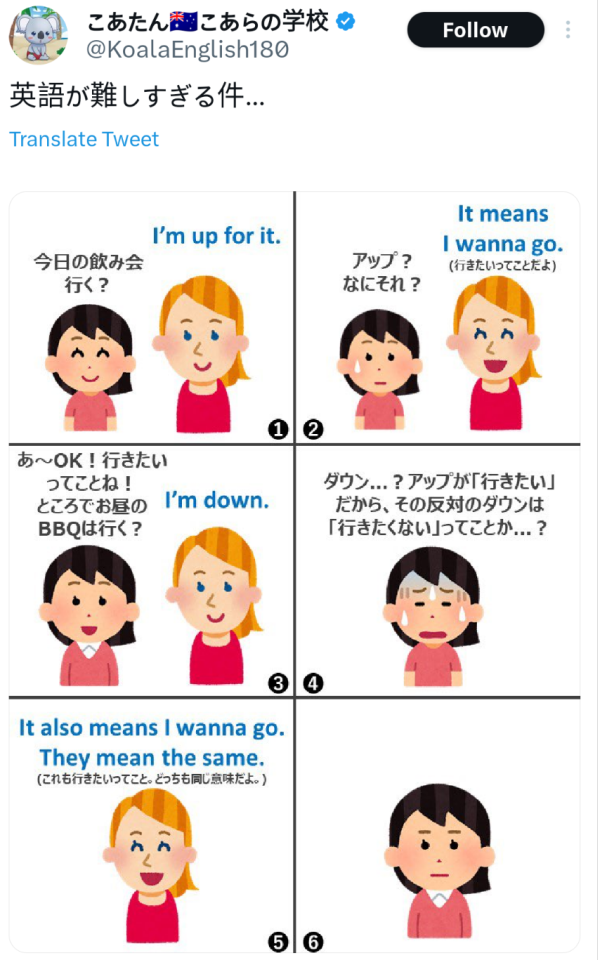
#japanese#learning japanese#japanese vocab#langblog#japan#anime#tumblr language#langblr#manga#japanese vocabulary
20K notes
·
View notes
Text
Gendered pronouns in Japanese vs English
In Revolutionary Girl Utena, the main character Utena is a girl (it says so in the title), but very conspicuously uses the masculine first person pronoun 僕 (boku) and dresses in (a variation of) the boys school uniform. Utena's gender, and gender in general, is a core theme of the work. And yet, I haven’t seen a single translation or analysis post where anyone considers using anything other than she/her for Utena when speaking of her in English. This made me wonder: how does one’s choice of pronouns in Japanese correspond to what one’s preferred pronouns would be in English?

There are 3 main differences between gendered pronouns in Japanese vs English
Japanese pronouns are used to refer to yourself (first-person), while English pronouns are used to refer to others (third-person)
The Japanese pronoun you use will differ based on context
Japanese pronouns signify more than just gender
Let’s look at each of these differences in turn and how these differences might lead to a seeming incongruity between one’s Japanese pronoun choice and one’s English pronoun choice (such as the 僕 (boku) vs she/her discrepancy with Utena).
Part 1: First-person vs third-person
While Japanese does technically have gendered third person pronouns (彼、彼女) they are used infrequently¹ and have much less cultural importance placed on them than English third person pronouns. Therefore, I would argue that the cultural equivalent of the gender-signifying third-person pronoun in English is the Japanese first-person pronoun. Much like English “pronouns in bio”, Japanese first-person pronoun choice is considered an expression of identity.
Japanese pronouns are used exclusively to refer to yourself, and therefore a speaker can change the pronoun they’re using for themself on a whim, sometimes mid-conversation, without it being much of an incident. Meanwhile in English, Marquis Bey argues that “Pronouns are like tiny vessels of verification that others are picking up what you are putting down” (2021). By having others use them and externally verify the internal truth of one’s gender, English pronouns, I believe, are seen as more truthful, less frivolous, than Japanese pronouns. They are seen as signifying an objective truth of the referent’s gender; if not objective then at least socially agreed-upon, while Japanese pronouns only signify how the subject feels at this particular moment — purely subjective.
Part 2: Context dependent pronoun use
Japanese speakers often don’t use just one pronoun. As you can see in the below chart, a young man using 俺 (ore) among friends might use 私 (watashi) or 自分 (jibun) when speaking to a teacher. This complicates the idea that these pronouns are gendered, because their gendering depends heavily on context. A man using 私 (watashi) to a teacher is gender-conforming, a man using 私 (watashi) while drinking with friends is gender-non-conforming. Again, this reinforces the relative instability of Japanese pronoun choice, and distances it from gender.

Part 3: Signifying more than gender
English pronouns signify little besides the gender of the antecedent. Because of this, pronouns in English have come to be a shorthand for expressing one’s own gender experience - they reflect an internal gendered truth. However, Japanese pronoun choice doesn’t reflect an “internal truth” of gender. It can signify multiple aspects of your self - gender, sexuality, personality.
For example, 僕 (boku) is used by gay men to communicate that they are bottoms, contrasted with the use of 俺 (ore) by tops. 僕 (boku) may also be used by softer, academic men and boys (in casual contexts - note that many men use 僕 (boku) in more formal contexts) as a personality signifier - maybe to communicate something as simplistic as “I’m not the kind of guy who’s into sports.” 俺 (ore) could be used by a butch lesbian who still strongly identifies as a woman, in order to signify sexuality and an assertive personality. 私 (watashi) may be used by people of all genders to convey professionalism. The list goes on.
I believe this is what’s happening with Utena - she is signifying her rebellion against traditional feminine gender roles with her use of 僕 (boku), but as part of this rebellion, she necessarily must still be a girl. Rather than saying “girls don’t use boku, so I’m not a girl”, her pronoun choice is saying “your conception of femininity is bullshit, girls can use boku too”.

Through translation, gendered assumptions need to be made, sometimes about real people. Remember that he/they, she/her, they/them are purely English linguistic constructs, and don’t correspond directly to one’s gender, just as they don’t correspond directly to the Japanese pronouns one might use. Imagine a scenario where you are translating a news story about a Japanese genderqueer person. The most ethical way to determine what pronouns they would prefer would be to get in contact with them and ask them, right? But what if they don’t speak English? Are you going to have to teach them English, and the nuances of English pronoun choice, before you can translate the piece? That would be ridiculous! It’s simply not a viable option². So you must make a gendered assumption based on all the factors - their Japanese pronoun use (context dependent!), their clothing, the way they present their body, their speech patterns, etc.
If translation is about rewriting the text as if it were originally in the target language, you must also rewrite the gender of those people and characters in the translation. The question you must ask yourself is: How does their gender presentation, which has been tailored to a Japanese-language understanding of gender, correspond to an equivalent English-language understanding of gender? This is an incredibly fraught decision, but nonetheless a necessary one. It’s an unsatisfying dilemma, and one that poignantly exposes the fickle, unstable, culture-dependent nature of gender.

Notes and References
¹ Usually in Japanese, speakers use the person’s name directly to address someone in second or third person
² And has colonialist undertones as a solution if you ask me - “You need to pick English pronouns! You ought to understand your gender through our language!”
Bey, Marquis— 2021 Re: [No Subject]—On Nonbinary Gender
Rose divider taken from this post
#langblr#japanese#japanese language#language#language learning#linguistics#learning japanese#utena#revolutionary girl utena#shojo kakumei utena#rgu#sku#gender#transgender#nonbinary#trans#official blog post#translation#media analysis
1K notes
·
View notes
Text
when you reblog, tell us what languages in the tags!!
#polls#for me it's english japanese korean italian spanish and german#remarkably there's no chinese that i can think of#i need to change that srsly#now i'm just running through languages and songs in my head to make sure i haven't missed any lmao#oh there's a swahili song i love and it WASN'T on my playlist BUT IT IS NOW#okay yeah I think that's everything#also if you saw this for a split second and then it disappeared no you didn't#i forgot to set time to a week oops
3K notes
·
View notes
Text

#books and literature#books and reading#studyspo#french#japanese#language study#study#study aesthetic#studying#study blog#study motivation#studyblr#reading#education#dark academia#light academia#pink academia#cute#langblr#langblog#motivation#relatable
1K notes
·
View notes
Text
as part of my pitch re: this post please see below my original concept donut steal for an "if phoenix wright had to catch kira death note" au. best regards
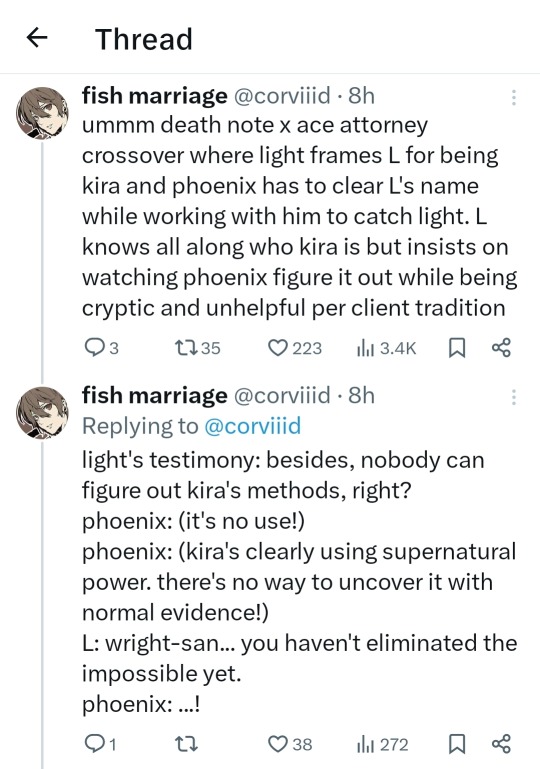

more about this, probably:
this is probably the last case of the game where it transpires that all the other apparent murders in the game have been somehow set up as part of kira's master plan (kira has found creative ways to get around the fact that you can't use the death note to force one person to kill another person and also around rule 10 of the death note that a written death cannot cause other deaths. if you have further queries regarding this matter please do not hesitate to contact me via email best regards)
framing L involves setting up an elaborate murder scene with preset evidence where L is in precisely the wrong spot at the wrong time. L of course anticipated this
the detective character is soichiro, but the real detective character for most of the game is his son light who is a very helpful young man and in fact is the one making most of the contributions
L is ostensibly a detective character too but he mostly just shows up, licks some evidence, blinks at you, and fades out. until he gets arrested
the prosecutor is still miles edgeworth. consider the following:
edgeworth: we have security footage of the defendant holding the murder weapon, at the time of the murder, standing directly in front of the victim, using the weapon on the victim, and then the victim dies
phoenix: okay... but... what if there was a magic notebook
#rookposting#yes planning to do something stupid with this at some point.#harassing poof about comix already. i also kind of want to make like a very stupid little playable demo#death note#ace attorney#we're also not going to acknowledge the confusion of me using phoenix's english name but japanese honourifics#i declare that language is fake. and i can do whatever i want#dnaa
1K notes
·
View notes
Text


she would've told them unlike her canon! version who decided not to be an ally smh
#one piece#trans!sanji#sanji#kiku#yamato#ワンピース#I'm practicing my japanese shhhhhh#(日本語のペラペラ人:俺は文法とか書く方とか間違ったら教えてください😅ありがとうございます)#translation:#Yamato: I'll be able to get as strong as Oden?#Sanji: Probably... 🤔#[meanwhile Kiku is remembering the time in the hot spring]#(Sanji: Nami-chan!!!)#(Nami: Shut up!! The women's bath is supposed to be a peaceful place!)#Kiku: I am also ⚧️ ... o.o#(y'all english speakers had me all to yourselves for a decade it's about time I start to also sometimes make stuff in my next language lol#notably for media *from* that language#same as it made sense to make fan content in english for [american superhero franchise we don't talk abt anymore] back in the day#(happy seasonal reminder that Ren Is Not A Native English Speaker and This Is My 5th Language hi 😅))#while looking up reference for this I learnt that the straps to tie back the kimono sleeves are called tasuki#also I decided yamato get big muscles cause he got them kaido genes in im (I also gave him his dad's young-man-facial hair)#the more I do transition projections for one piece characters while tryna adhere to the style the more I learn that sometimes stylisation#uses bones less as literal determinants for where things go and just kinda exaggerates shapes based on vibes alone instead#meaning trans characters' bones wouldn't literally stay looking the same in that stylisation in the way they do irl#they'd get exaggerated differently based on what the surrounding stuff is doing#I still think oda's transition demonstration when we first met iva was unreasonable even with that in mind tho
1K notes
·
View notes
Text
Today is speak your language day :D! Which is your first language?
Porque el mío es español xD
I tried to add as much as I could! But I got out of space :,D
#speak your language day#spyld#english#spanish#español#german#french#japanese#italian#korean#mandarin#finish#norwegian#arabic#Persian#russian#languages#poll#polls
1K notes
·
View notes
Text






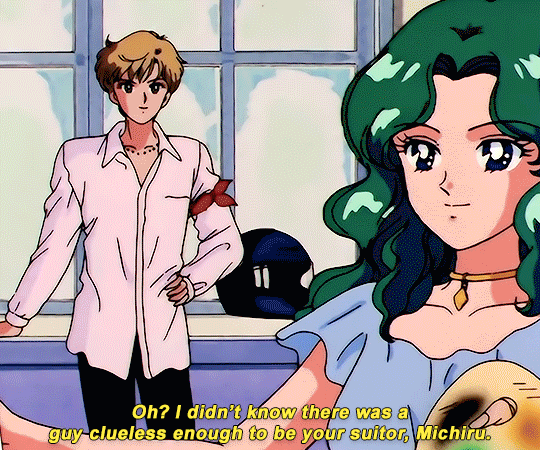

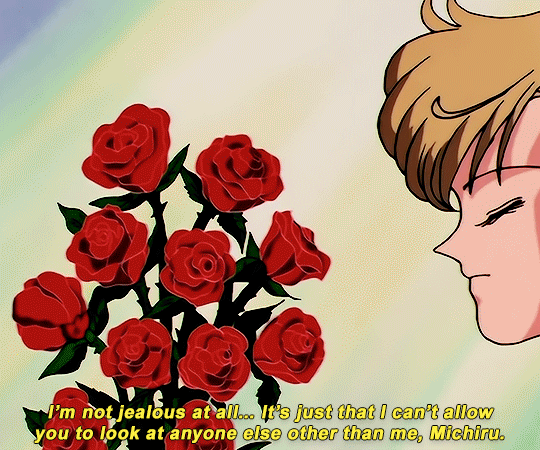
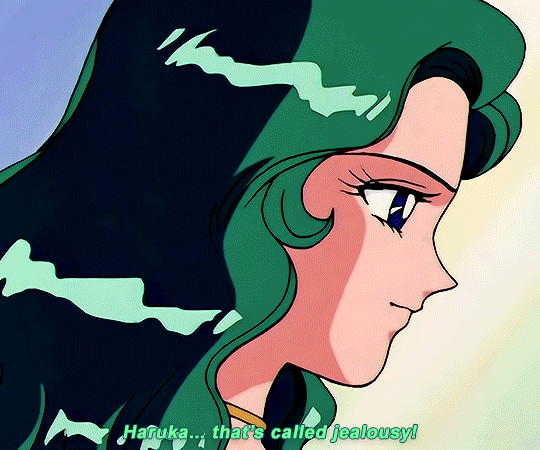
SAILOR MOON S: Episode 18 - 「芸術は愛の爆発!ちびうさの初恋」
#animeedit#sailor moon#sailormoonedit#oldanimeedit#harumichi#haruka x michiru#smedit#wlwedit#haruka tenoh#kaioh michiru#ep 107#bssm#bssmedit#pretty guardian sailor moon#bishojo senshi sailor moon#sailor neptune#sailor uranus#michiru kaioh#tenoh haruka#HI YES THIS BLOG IS ALIVE im trying to juggle trying to make gifs for this sideblog and the other fandom one lol#i had to change some of the translation bc the context was slightly wrong...#japanese is such a hard language to translate into english sometimes#also coloring anime is so difficult sometimes im really not used to it#especially old anime haha
1K notes
·
View notes
Text
here are a few podcasts I listen to weekly for practice!
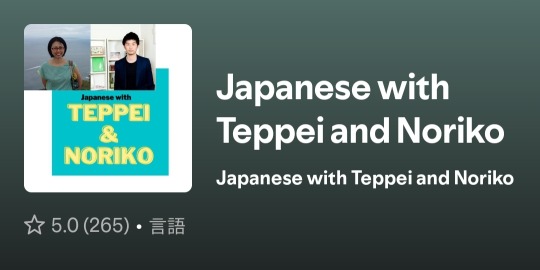
Japanese with Teppei and Noriko
short, concise episodes covering various topics! easy to follow along!

Let's Learn Japanese from Small Talk
longer more detailed episodes with very casual Japanese! they explain some of the vocab they use while speaking (especially slang) and have a vocab list at the end that they go over with a link to read along!

Japanese with Kanako
great for shadowing practice with a few listening exercises mixed in. perfect if you are using the genki series!
what are some podcasts you like to listen to? 教えてください!😊
668 notes
·
View notes
Text
火火火火火火火火火火火火火火火火
火炎炎炎炎炎炎炎炎炎炎炎炎炎炎火
火炎焱焱焱焱焱焱焱焱焱焱焱焱炎火
火炎焱燚燚燚燚燚燚燚燚燚燚焱炎火
火炎焱燚 this 燚焱炎火
火炎焱燚 is 燚焱炎火
火炎焱燚 fine 🐶 燚焱炎火
火炎焱燚燚燚燚燚燚燚燚燚燚焱炎火
火炎焱焱焱焱焱焱焱焱焱焱焱焱炎火
火炎炎炎炎炎炎炎炎炎炎炎炎炎炎火
火火火火火火火火火火火火火火火火
#meme#japanese language#Japanese#kanji#漢字#visual poetry#text#japanese text#this is fine#ascii art#chinese characters
2K notes
·
View notes
Text

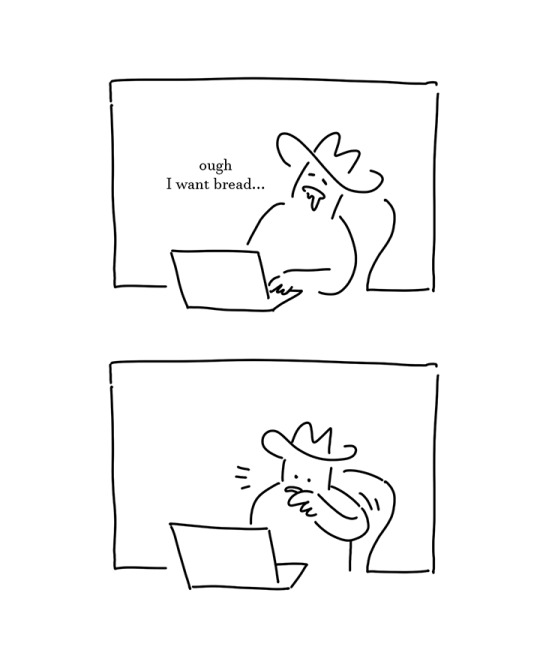
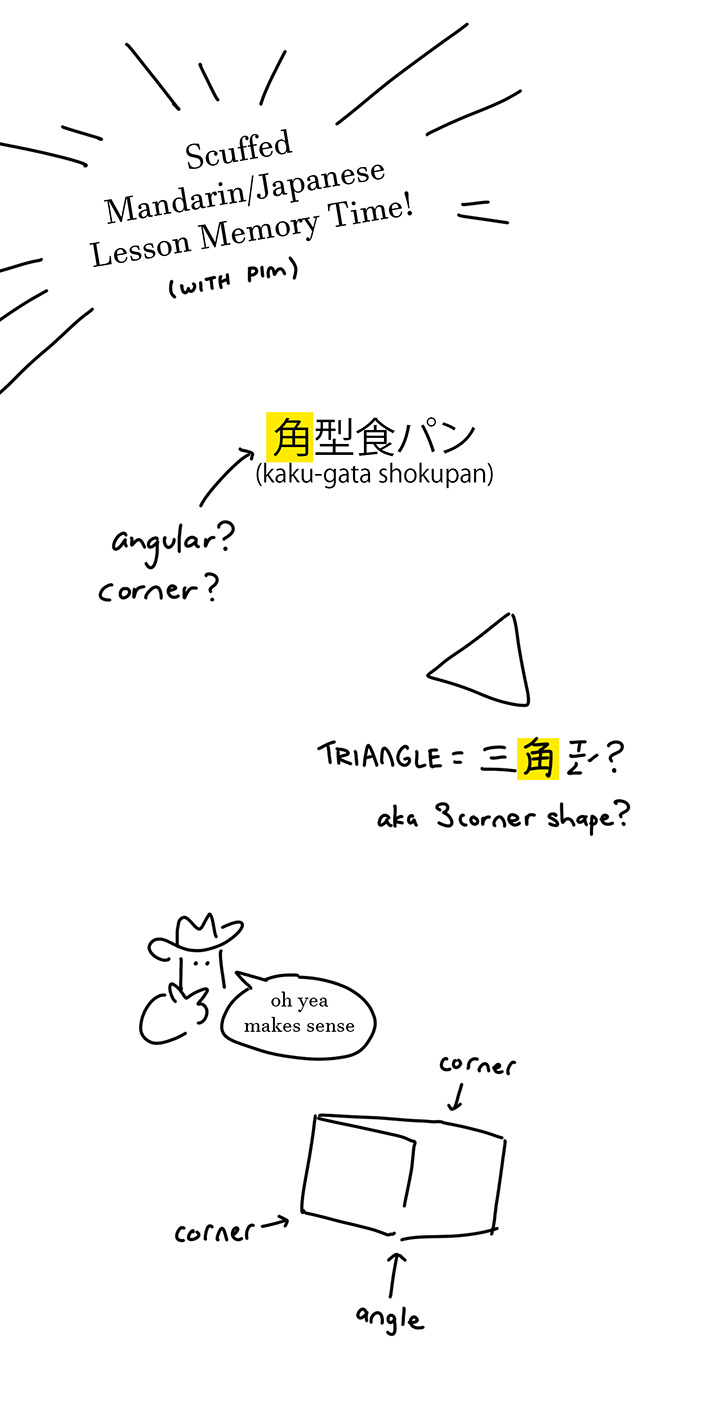
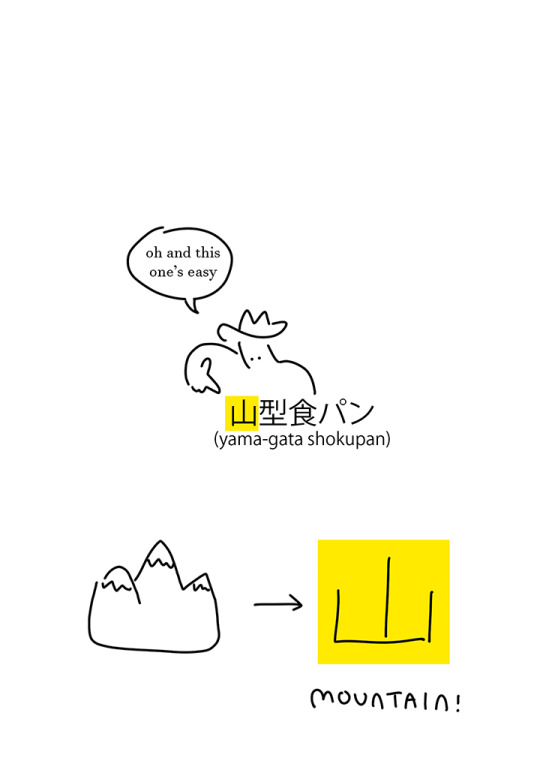
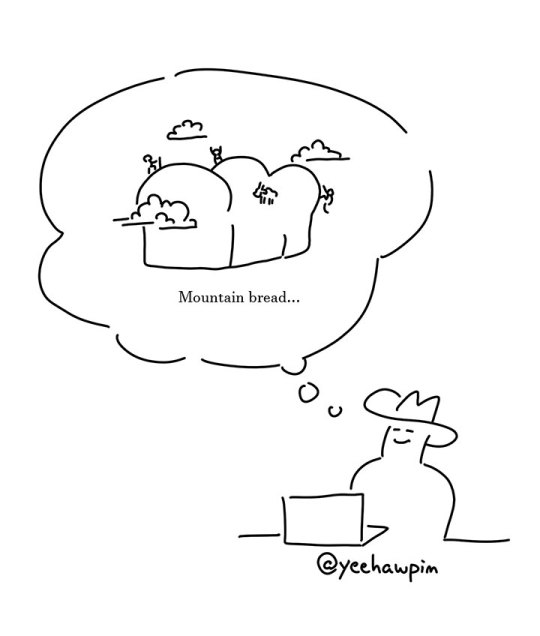
#original comic#artists on tumblr#indie comics#japanese#mandarin#shokupan#linguistics#language#comic#bread#food#my art#my comic#i miss plain toasted shokupan......#i like the square kind the best bc crust is my fav
3K notes
·
View notes
Text
Not 100% about the main discussion but if I would share my own experience as a language learner, duolingo's unnecessary competitive way of teaching always bothered me. It was nice at first, but as you go on more and more days and building your rank higher and higher...it is not about learning the language anymore. It turns into a horse race.
I was studying German and Japanese on that app but since the day I discovered the japanesepod101.com and innovativelanguage.com 's other language teaching sites and their youtube channels, I have been improving way better! I am able to read paragraphs in Hiragana and Katakana very well and now I'm studying the Kanji and everyday phrases. All though my improvement in Japanese is probably because of my native tongue - Turkish - being a sister language with Japanese (Ural-Altaic language family) i think with innovativelanguage everyone can pull the language learning off! AND NO THIS IS NOT SPONSORSHIP. I JUST RESPECT AND LOVE THEIR TEACHING METHODS.
Edıt: Thank you for the people who informed me about the real relationship with Turkish and Japanese! My debatable statement was rather arrogant I assume. So I apologize for the misinformation. Long live the Turkic family!
2K notes
·
View notes
Text
Found a new language practice app!
Polygloss has you describe an image in your target language so another player can guess it. It encourages creative answers. The game works for people of all levels — you can describe simple pictures or try your hand at wordplay.

It has plenty of options and will let you add any language you’d like — tho it’ll probably be more difficult to find people to play with.
#language learning tips#Quinn posts#language resources#Japanese resources#Spanish resources#language#langblr#language learning#100#500
770 notes
·
View notes